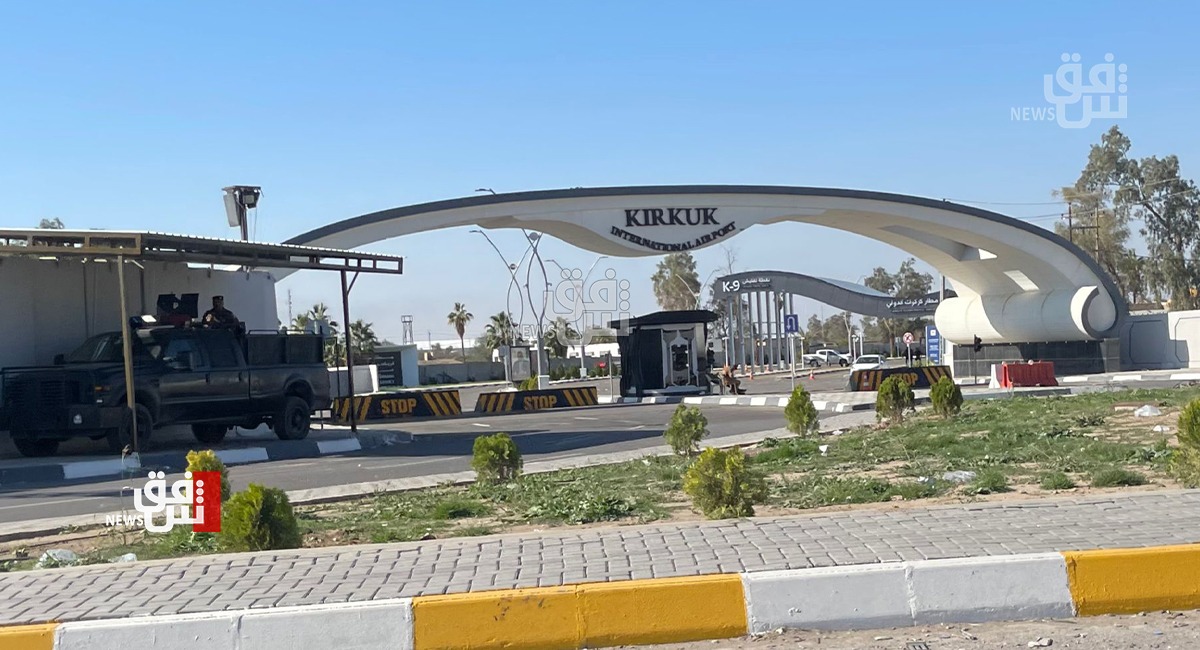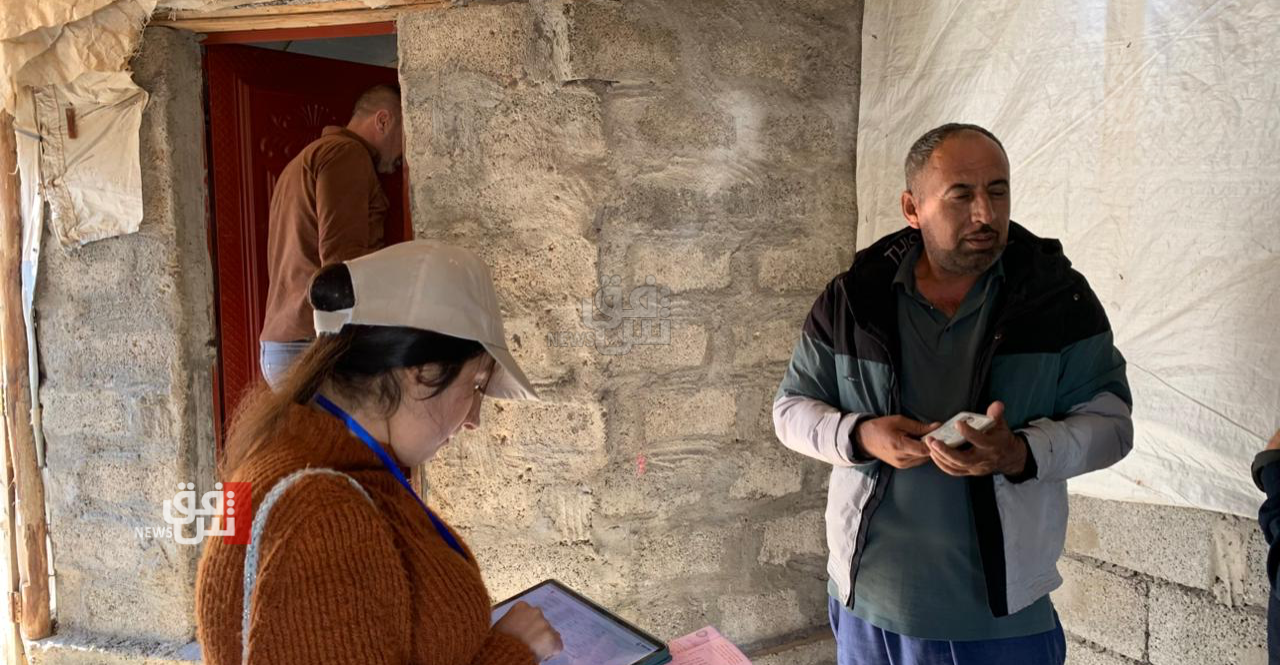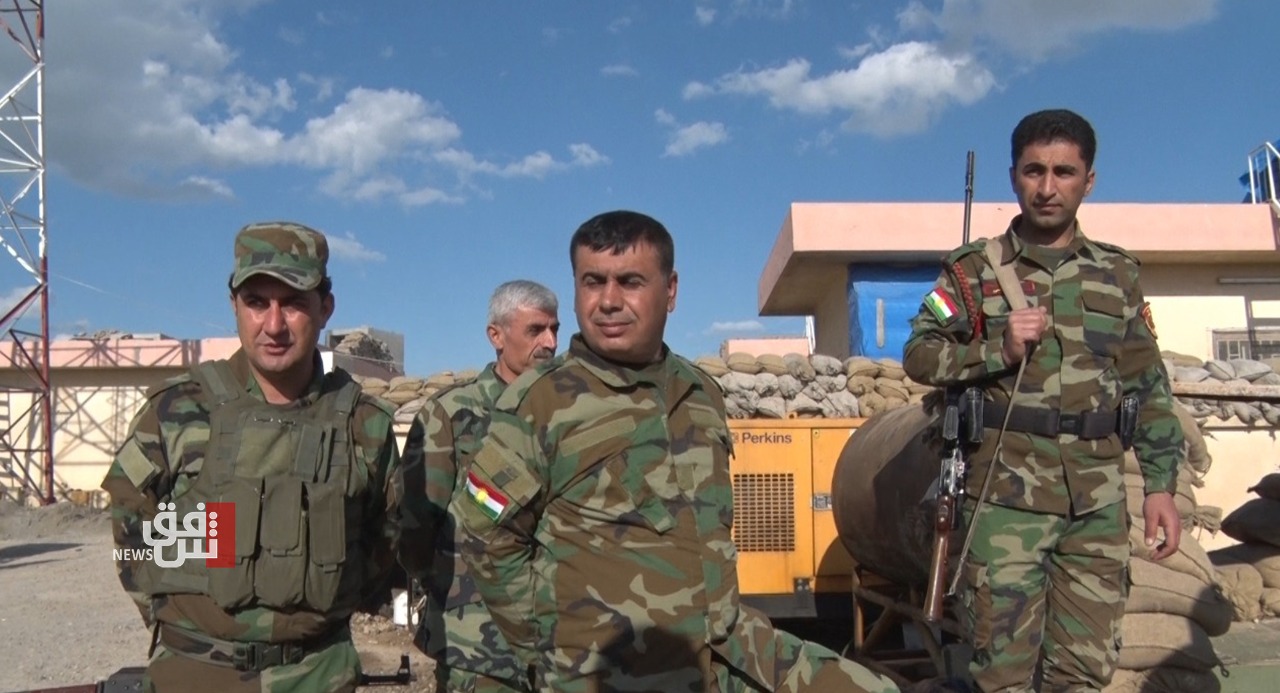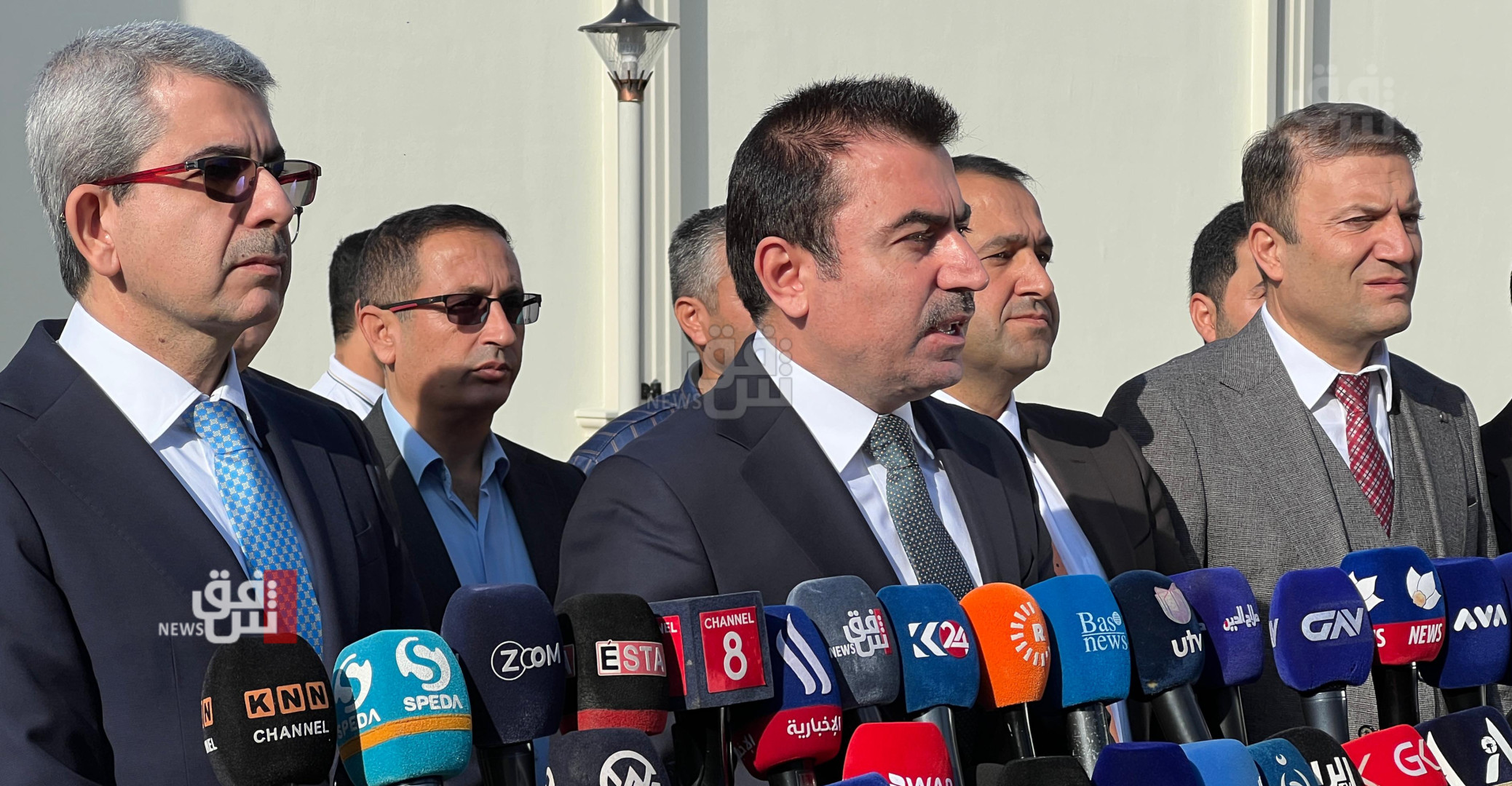Kurdistan kicks off census process: focus on transparency and budget allocation
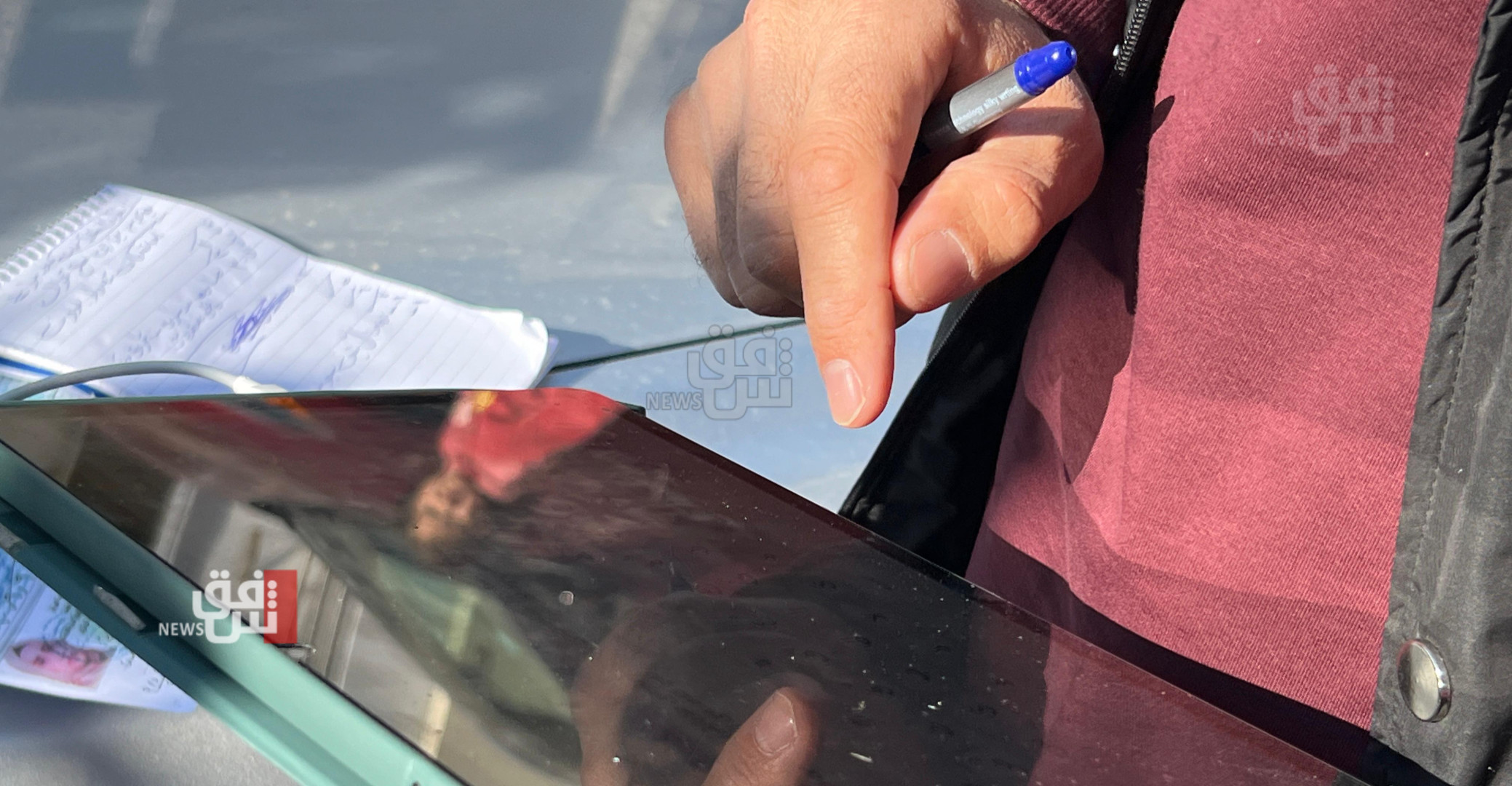
Shafaq News/ The process of updating and verifying personal data for the general population census in Iraq began, on Wednesday, in the provinces of Erbil and Al-Sulaymaniyah in the Kurdistan Region.
Erbil
Omed Khoshnaw, head of the local government in Erbil, the capital of the Kurdistan Region, stated that 97% of Erbil's population has been registered in the census so far, describing it as “an extremely important task.”
“The census process has faced no problems and is proceeding smoothly,” he added, explaining that “the curfew was imposed to ensure the success of the census without taking any punitive measures against the residents.”
Shafaq News correspondent reported that 10,000 teams are spread throughout Erbil to conduct the census.
Regarding the curfew, our correspondent noted that “movement in the city streets was light.”
Notably, Erbil shares borders with Turkiye to the north and Iran to the east, covering an area of approximately 13,165 square kilometers.
As of 2014, Erbil's population was estimated at 1.6 million, with around 90% being Muslims. The remaining population includes minorities such as Christians and Yazidis.
The province is divided into several districts, including Choman, Rawanduz, Khabat, Hawler, Erbil Countryside, Soran, Shaqlawa, Qoya, Makhmur, and Mergasor.
Al-Sulaymaniyah
In Al-Sulaymaniyah, Deputy Governor Shaho Osman told Shafaq News that “the process was carried out with high transparency and significant commitment from citizens and census takers, with no technical or operational issues reported so far.”
He confirmed that security authorities began implementing “the curfew last night to ensure the smooth execution of the process. Movement of citizens was restricted, except for urgent humanitarian cases, and employees in health and service departments were allowed to reach their workplaces to provide essential services.”
Furthermore, in line with providing healthcare during the census period, Al-Sulaymaniyah General Directorate of Health announced that hospitals and health centers would operate around the clock.
It is noteworthy that the city borders Iran with a population estimated at 1.5 million, predominantly Sunni Muslim Kurds.
Administratively, Al-Sulaymaniyah is divided into several districts, including Penjwen, Chamchamal, Darbandikhan, Ranya, Said Sadiq, Sharazur, Qaradagh, Kalar, Sharbazher, Dokan, and Mawat.
First Census in Decades Kurdistan
Iraq last conducted a nationwide census in 1987, including all provinces, followed by a 1997 census without the participation of the Kurdistan Region.
MP Soran Omar from Al-Sulaymaniyah stated that the Regional Government (KRG) had requested a copy of the current census data for Erbil, but this request was rejected by Baghdad.
“The Region is relying on an increase in its official population count during the current census to improve its share of Iraq's general budget, currently about 12% of the total,” he mentioned, expressing concerns about “potential manipulation of the results due to expected population increases in the central and southern provinces.”
He emphasized that “the presence of more than 700,000 internally displaced persons in the Region could positively impact the Region's share.”
Earlier today, Kurdish Minister of Planning, Dara Rashid, stated that “the census determines the population count and helps establish the Region's fair share of the country's general budget.”
For his part, Sirwan Mohammed, head of the Kurdish Statistic Authority, said that “so far, 90% of the census has been completed in the Region,” adding that efforts continue to register all the Regional residents.
“This is the first time KRG has managed the general population census,” he said, mentioning that “any technical issues are being addressed promptly.”
Mohammed also stated that the Federal Ministry of Planning would provide Kurdistan with a copy of the final census results for the Region's provinces.

